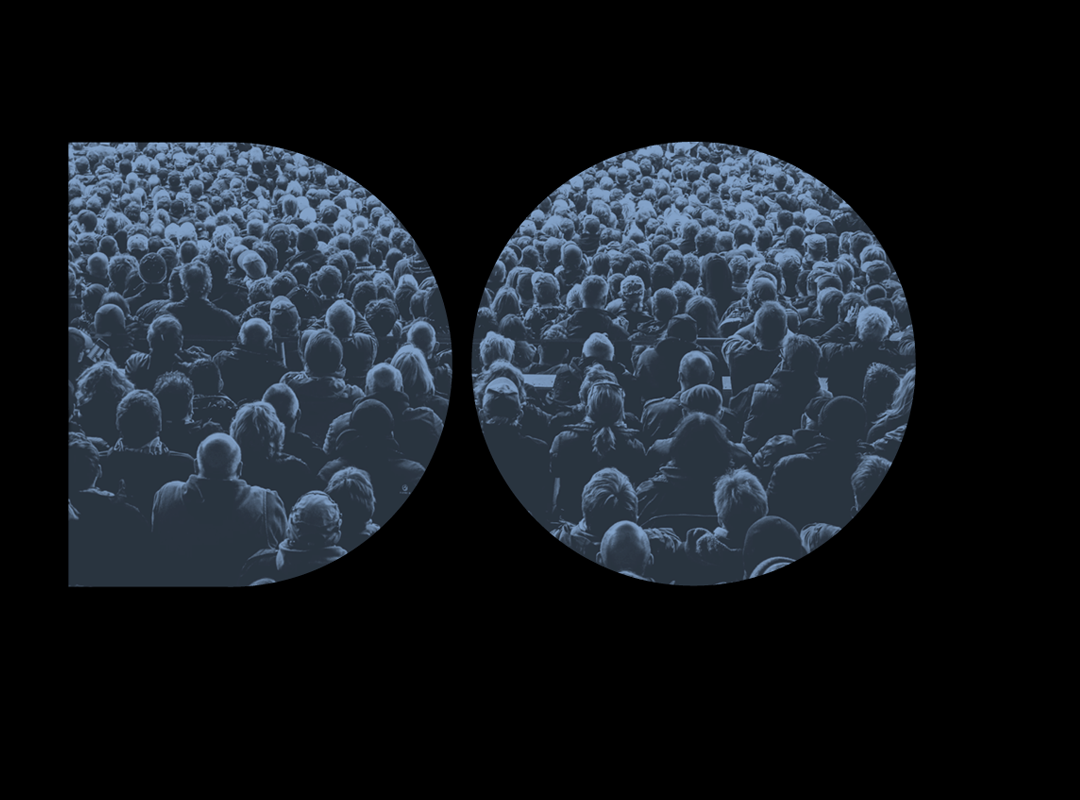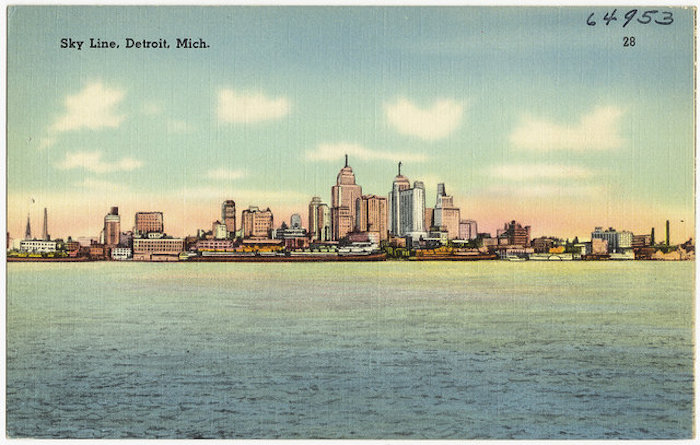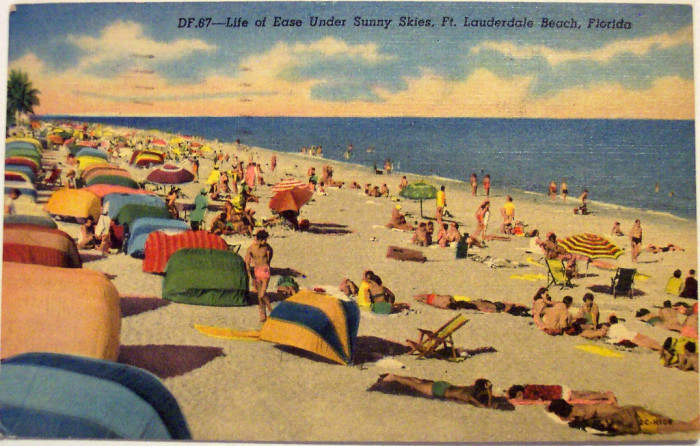
December 31, 2009
Dear Bonnie: Troubled in Techworld + Befuddled in Buffalo
Editor’s Note: We are very excited to present Dear Bonnie — a new truth-telling advice column. We hope you enjoy it as much as we do, and invite our readers to submit their questions directly to: [email protected]
Dear Bonnie,
My question is about the agency of the designer and how it changes in relationship to technology. Am I doing myself a professional disservice by not learning how to code? I just graduated from college with an environmental planning degree, and — with no tech degree in hand — I feel somewhat old hat already. I suppose this is a perennial question that comes with each new wave of technology, but still, I’d be grateful for your input.
Troubled in Techworld
Dear Troubled,
Being a programmer is an entirely separate profession and I don’t think you’re doing yourself a disservice at all by not learning how to code. Trying to do two incredibly demanding, extremely specialized jobs — especially this early in your career — will actually compromise both.
I would suggest instead that you try first to master your chosen field. Later, if you are so inclined, you can always try to take on the other. The technology will be completely different a few years from now (or even a couple of months from now) so in all honesty you’ll be doing yourself a favor by waiting. Remember, you can aspire to fluency in the language of technology but you don’t have to be a native speaker. As long as you’re able to communicate your vision clearly to the coders who will be charged with translating your work, you can’t possibly be at a disadvantage. In fact, not knowing how to code lets you indulge in totally imaginative blue-sky thinking, without being worried about what is and is not technologically possible. Don’t be the crusher of your own dreams. That’s what coders are for.
Strive to be the best in your profession. Then, try to work with the best in other professions. Worst case scenario, wait a few years and let robots do it for you.
Dear Bonnie,
Why is the subject of beauty a taboo in the academic design world? Why don’t we study it in school? Why don’t we learn rules of proportion and composition? I studied architecture and was told flatly that “I did not want to fall into that trap” when writing about ideas of beauty and composition in my thesis.
Befuddled in Buffalo
Dear Befuddled,
Beauty can be a malleable term. I’m guessing your school, or specifically your teachers at school, were using beauty in opposition to practicality, and suggesting that design can often err on the side of beauty at the sacrifice of utility. Having beauty and function align is the ultimate goal, but one should never have to sacrifice form for function, or vise versa.
On a separate note, where did you go to school? Proportion and composition should be part of the foundation of every good design education. Beauty is neither a taboo in the academic world nor the design world. Saying design should simply be ‘beautiful’ might be too easy, but good design should inspire joy and wonder and curiosity. And isn’t that beautiful?
NEXT: “Interested in India” asks advice about building a design studio and “Window dressing in Wisconsin” questions the future of retail design.
Got questions? Send them to [email protected].
Observed
View all
Observed
By Bonnie Siegler
Recent Posts
Minefields and maternity leave: why I fight a system that shuts out women and caregivers Candace Parker & Michael C. Bush on Purpose, Leadership and Meeting the MomentCourtney L. McCluney, PhD|Essays
Rest as reparations: reimagining how we invest in Black women entrepreneurs Food branding without borders: chai, culture, and the politics of packaging



